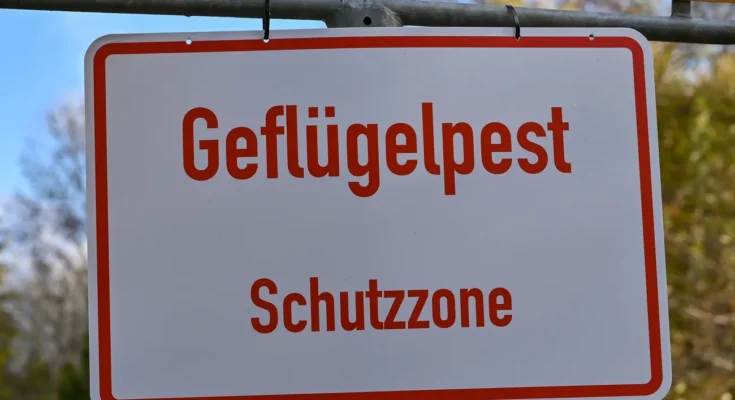Bird flu has broken out in other duck populations in the Märkisch-Oderland district. The H5N1 virus has been officially confirmed in a company involving around 15,000 animals, as announced by the Ministry of Consumer Protection. This outbreak is already the 13th in the commercial poultry population Brandenburg this fall.
After the farm owner notified the veterinarian’s office, the herd was blocked and examined. These animals must now be killed in a way that prioritizes animal welfare. Existing protection and supervision zones will be adjusted, according to the Consumer Protection Ministry. The exact limits will be determined by the responsible veterinarian’s office; Affected poultry farmers will be notified of the necessary actions.
The number of cases is increasing
Since September 2025, Germany has again recorded an increase in cases in wild birds and domesticated birds. The Ministry once again calls on all poultry farmers to strictly adhere to biosecurity measures and immediately notify veterinary authorities if there are any unexplained cases of illness or death.
Avian influenza, derived from the Latin term for bird (avis), is an infectious disease caused by a virus found primarily in wild waterfowl. According to the Loeffler Institute, the highly contagious variant of the HPAIV virus currently known as H5N1 rampant. It usually causes severe illness in infected animals and is often fatal. Avian influenza is commonly known as bird flu.
© dpa-infocom, dpa:251115-930-297969/1



